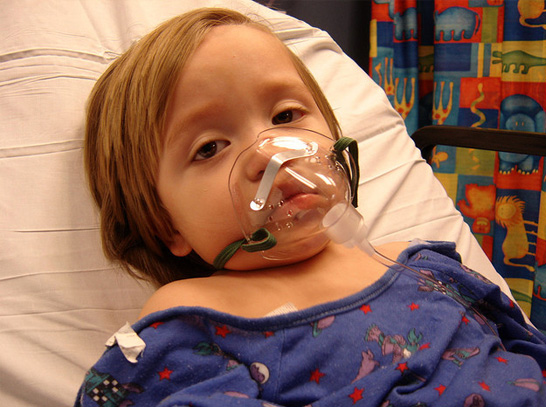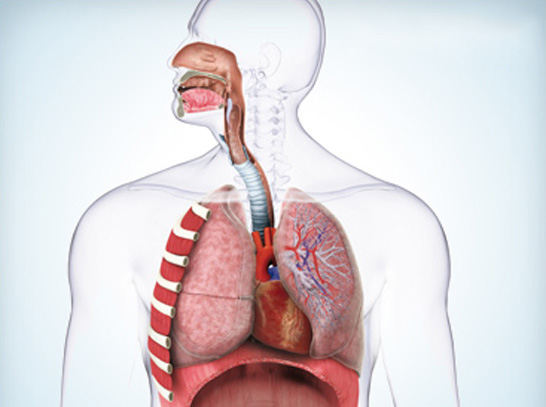Management of Upper and Lower Respiratory Tract Infections
Santosham Chest Hospital offers Complete Management of Upper and Lower Respiratory Tract Infections. We have well qualified and experienced doctors to treat Upper and Lower Respiratory Tract Infections.
Upper respiratory tract infections (URI or URTI) are the illnesses caused by an acute infection which involves the upper respiratory tract : nose, sinuses, pharynx or larynx.
This commonly includes : tonsillitis, pharyngitis, laryngitis, sinusitis, otitis media, and the common cold.
Lower respiratory tract infection, while often used as a synonym for pneumonia, can also be applied to other types of infection including lung abscess and acute bronchitis. Symptoms include shortness of breath, weakness, high fever, coughing and fatigue. Lower respiratory tract infections place a considerable strain on the health budget and are generally more serious than upper respiratory infections. Since 1993 there has been a slight reduction in the total number of deaths from lower respiratory tract infection. However in 2002 they were still the leading cause of deaths among all infectious diseases, and they accounted for 3.9 million deaths worldwide and 6.9% of all deaths that year.
There are a number of acute and chronic infections that can affect the lower respiratory tract. The two most common infections are bronchitis and pneumonia. Influenza affects both the upper and lower respiratory tracts. Antibiotics are often thought to be the first line treatment in lower respiratory tract infections; however, these are not indicated in viral infections. It is important to use appropriate antibiotic selection based on the infecting organism and to ensure this therapy changes with the evolving nature of these infections and the emerging resistance to conventional therapies. H. influenzae and M. catarrhalis are of increasing importance in both community acquired pneumonia (CAP) and acute exacerbation of chronic bronchitis (AECB) while the importance of S. pneumoniae is declining. It has also become apparent the importance of atypical pathogens such as C. pneumoniae, M. pneumoniae and L. pneumophila, in CAP.




